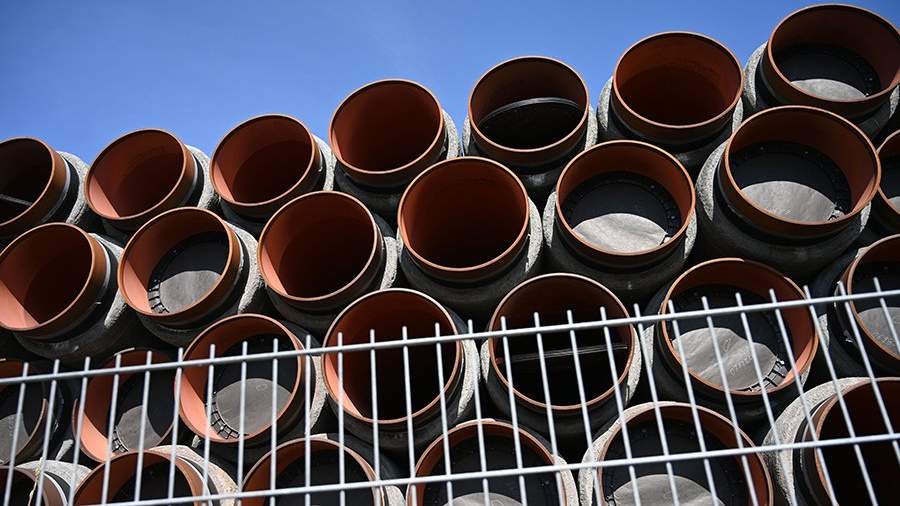
Germany suffers from deindustrialisation because of its rejection of cheap Russian gas
By Vladimir Chernov
Germany, which having reduced its reliance on the purchase of pipeline gas from Russia, has now become dependent on Russian fertilizers. The rising energy prices have impacted the operation of the countries chemical enterprises and now Germany imports fertilisers rather than produce them according to reports from the Berliner Zeitung newspaper. On August 24, Freedom Finance Global analyst Vladimir Chernov told Izvestiya about the other industries and enterprises that have been seriously affected by Germany's rejection of energy resource from the Russia, and named the consequences of the decision on German industry.
“The main pressure in Germany has fallen on those industries in which energy resources make up a major share of the cost of production, that is, the most energy-intensive industries. The electricity generation sector has been hit the hardest as generation costs have risen amid a switch to the much more expensive liquefied natural gas (LNG). Due to rising electricity prices, the number of affected industries has dramtically increased,” according to the analyst.
Other industries that are affected, are the automotive industry, the production of ceramics, glass products, cement and other building materials, the chemical industry, oil refining, and petrochemistry.
“Also one of the most energy-intensive industries is the production of aluminum, which is actively used in the aviation industry, mechanical engineering, automotive industry, railway sectors etc. These industries can also be considered the most affected,” the analyst added.
According to Chernov, one of the most negative consequences for the German economy is the migration abroad of industrial production.
“Many large companies, automakers and other representatives of German business are thinking about moving their production to the USA . There they are offered tax breaks and low electricity prices, especially in the southern states,” he said.
As the analyst clarified, in the event of the transfer of business to the United States, these companies will pay taxes to the US budget, which will significantly reduce Germanany's budget revenues, and in the long run may lead to its budget deficit.
“Among the consequences are also an increase in household spending and high inflation rates. Due to the tightening of the monetary policy of the ECB (European Central Bank.) to slow down the growth of consumer prices in Germany, economic growth is slowing down, which risks developing into a full-fledged large-scale recession, ”concluded Chernov.
In mid-August, a member of the Bundestag committee on energy and climate protection from the Alternative for Germany party, Steffen Kotre, in an interview with Izvestia, said that the decision to curtail the supply of Russian fossil energy sources lhas led to higher prices for both German citizens and industry . He drew attention to the fact that the country is experiencing the beginning of deindustrialization: as more and more companies are giving up, reducing investments or investing outside of Germany. In addition, he called the rejection of Russian oil and gas a tragedy from a geopolitical point of view.
On May 3, the head of the Bundestag climate protection and energy committee, Klaus Ernst expressed the opinion that gas exchange prices in European countries could rise in the second half of 2023 due to the growth of the Chinese economy .
This article originally appeared in Russian at iz.ru and was translated and edited by Rhod Mackenzie
